Architecture Mentoring Program Soars Thanks to Student Leadership
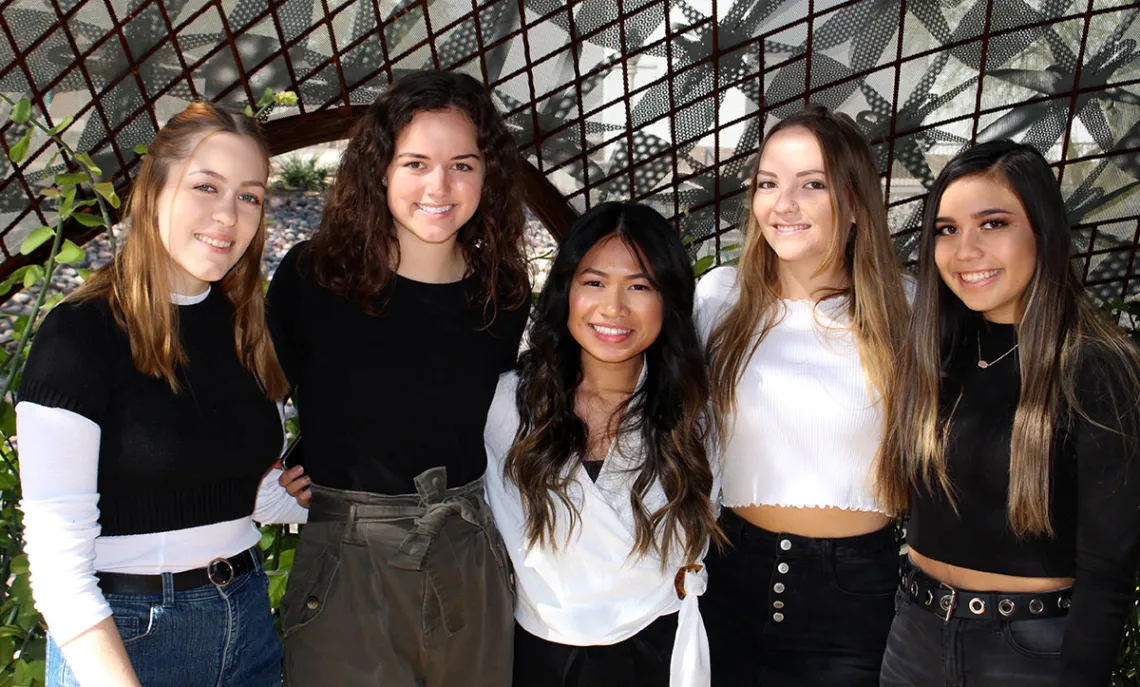
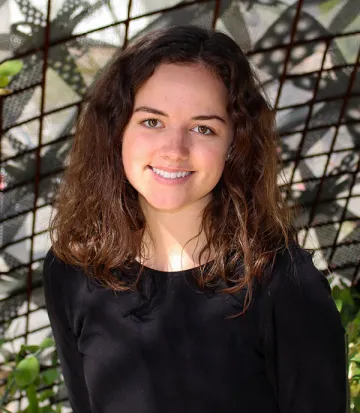
Brooke Sands '22 B. Arch, AIAS President
“College is so different from high school,” says Brooke Sands ’22 B. Arch, “and architecture school is different from any other college.” That’s why, as president of the University of Arizona’s American Institute of Architecture Students chapter, the third-year architecture student worked closely with fellow students on the AIAS board to reconfigure their mentorship program.
The program, which began more than 50 years ago in what is now the College of Architecture, Planning and Landscape Architecture, is designed to help first-year undergraduate architecture students succeed in the rigorous curriculum by pairing them with student mentors in their second through fifth years.
“The first questions are about what tools to use, the best brands of pencils, what art stores in Tucson to visit,” says Sands. “Then the mentoring moves to design: How can I make my design better? Is there another process I should be using?” The student mentors provide the kind of insight that only someone who has been through the studio experience can offer.
Yet before Sands and her team developed a new way to pair students, participation waned. In the fall of 2018, only 13 first-year students participated. Students were matched blindly and the relationships didn’t always last. “In years past there were fewer mentees than mentors, which is not what you want,” she says.
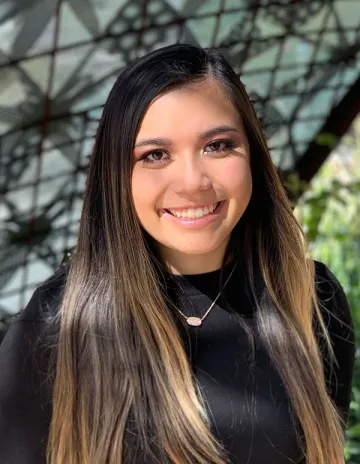
Ally Kwan '23 B. Arch, AIAS Mentorship Coordinator
This year, the AIAS asked a different question: “How can we get students to know each other but not have to choose on the spot?” The answer: bring interested students together at the beginning of the fall semester to have a conversation prompted by a set of 10 other questions, including: Where are you from? What’s your favorite food? What are three things that describe your work process?
At the end of the meet-and-greet, students write the name of their first and second choice on a piece of paper and the AIAS board pairs the mentors and mentees following the gathering. “Though the matches aren’t always seamless, it is a success,” says Sands, who praises mentorship coordinator Ally Kwan ’23 B. Arch for creating the process.
The results of the new process are impressive: 35 first-year participants in the fall of 2019, and the number of second- and third-year students doubled from 2018. In total, 70 students participate in the AIAS mentorship program now compared to 39 the previous year.
AIAS Mentorship Participation, 2018-2019
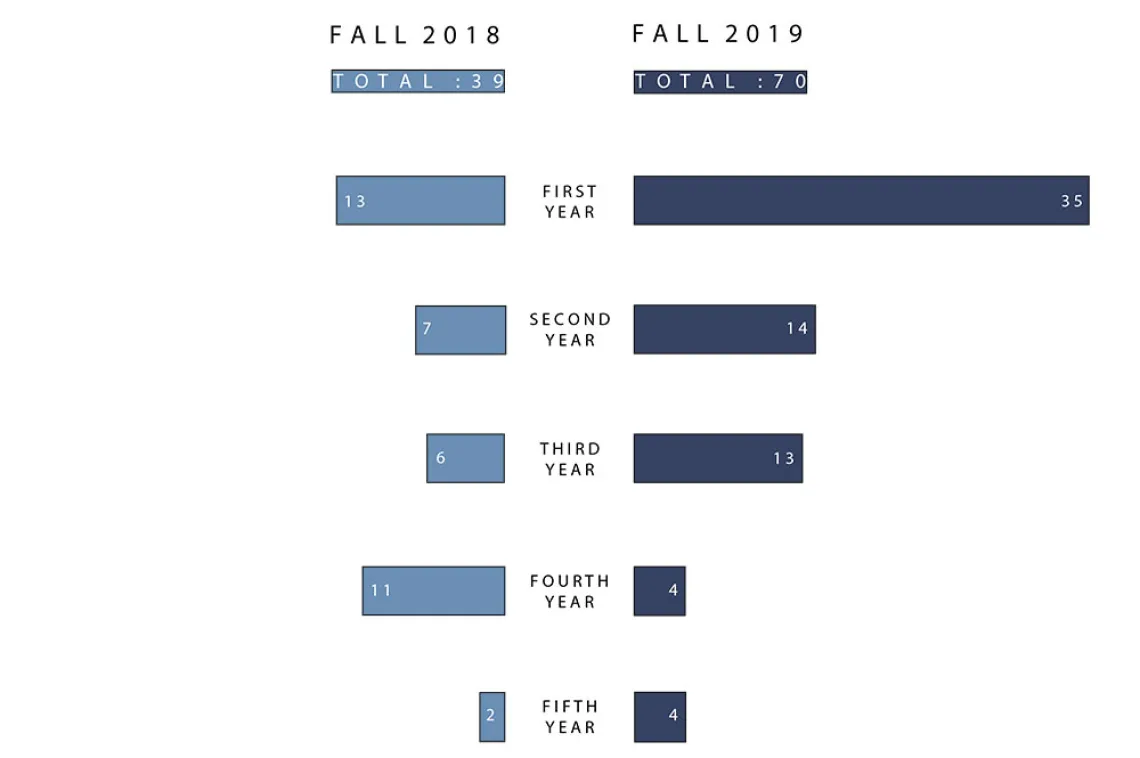
Sands also attributes program growth to stronger awareness, through posters and announcements in foundation lectures.
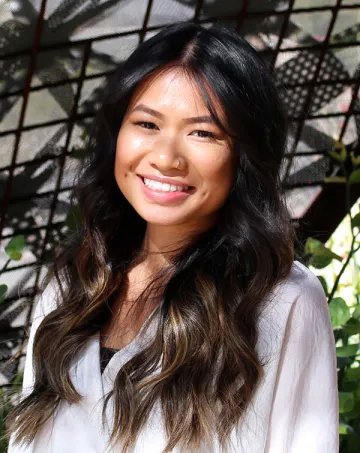
Jenny Nguyen '20 B. Arch, Former AIAS President
Plus there’s a legacy factor at work: “Sometimes when you get a mentor, you’re not just getting one, you’re getting three—your second-year mentor, their third-year mentor, and that mentor’s fifth-year mentor.” So if a freshman reaches out to their mentor but the second-year student is unavailable, they can reach out to another mentor. And when a mentee says that their mentor has prepared them enough to where they don’t need a mentor anymore, “we encourage those students to sign up to get a mentee so they can pass on the love.”
As for her own experience as a first-year student, “my situation was unique because my mentor turned out to be the AIAS president, Jenny Nguyen ’20 B. Arch, then in her third year. She was inspiring—the hardest worker I’ve ever seen.” Nguyen encouraged Sands to join the AIAS board: “I watched how organized she was, how she led and I said, ‘This is me, this is what I do!’”
It’s not surprising, then, that Sands is now also president of AIAS in her third year—and is the mentoring program’s biggest champion. “I’m in the weeds but I love it,” she says. “It’s great to be a part of something bigger than yourself.”
Header photo: AIAS mentor family: Isabella Narvaes '24, Brooke Sands '22, Jenny Nguyen '20, Sarah Stallman '24 and Ally Kwan '23.



